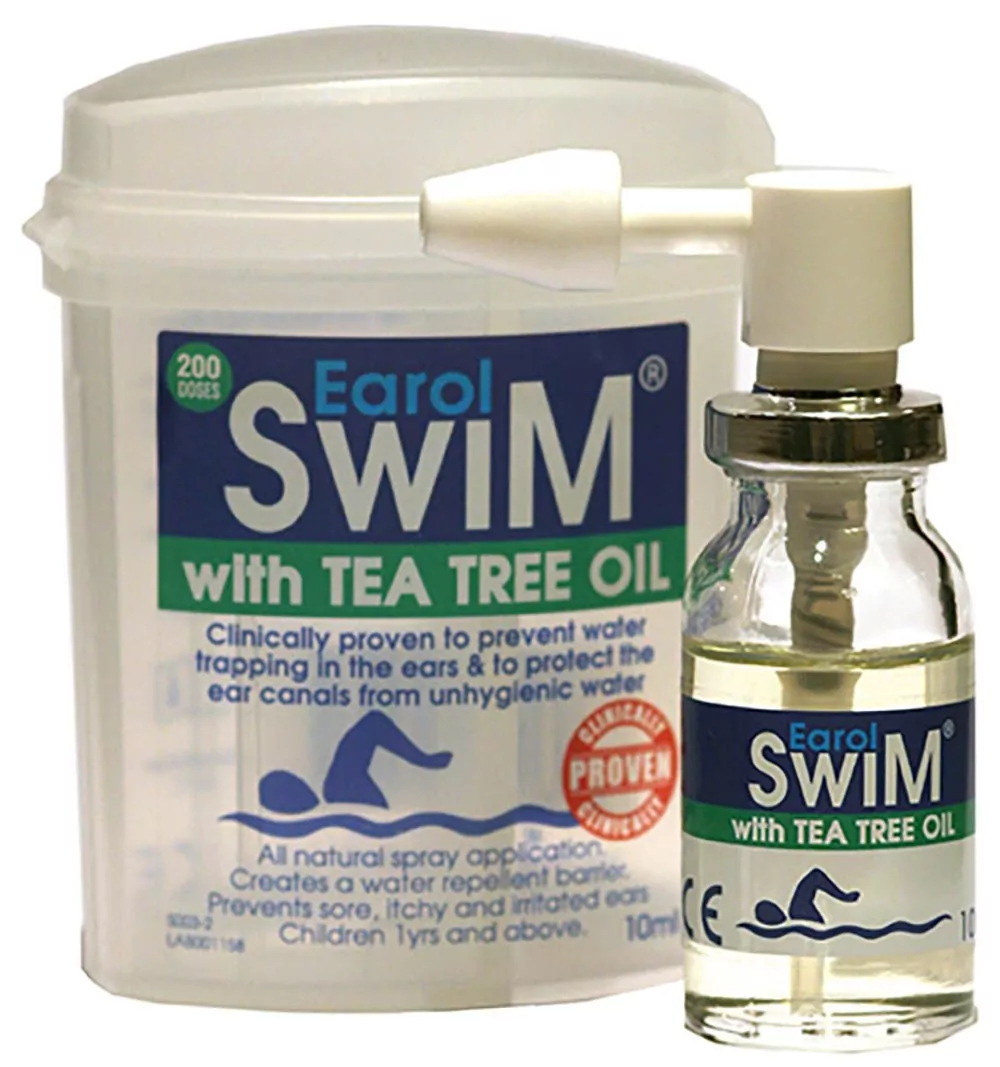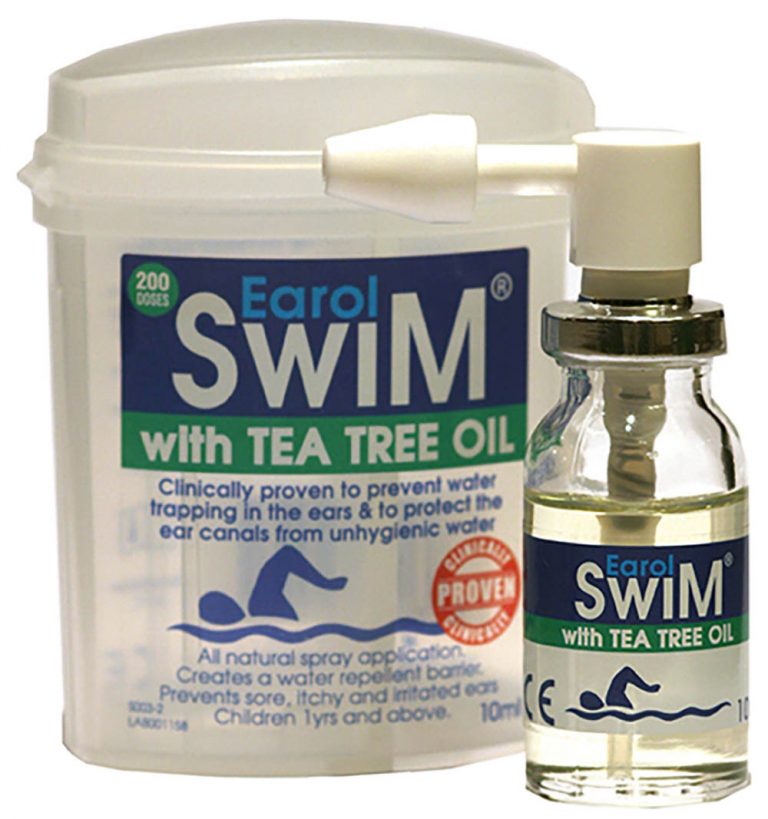
Appeared in DIVER April 2018
THIS TEST IS A WEE BIT DIFFERENT from most. It’s not about a piece of shiny hardware, but it is about something vitally important to divers. It’s also a long-term test, which it really needed to be to mean anything.
Let me explain. I dived for years without any ear problems and without doing anything with my ears post-dive except perhaps shaking my head a bit. Then I did a south Red Sea liveaboard in 2003, and halfway through the week started with an external infection in one ear that grew progressively more painful.
It didn’t affect my ability to clear, so no missed dives, and it sorted itself out after a day or two of not diving, so I didn’t worry unduly. For the next few years, I did a dozen Red Sea liveaboard trips a year as well as diving regularly in the UK with no problems.
Then, five or six years ago, I had another external ear infection, and from then on every second or third diving day left me with pain in one ear or the other, and sometimes both.
It’s always been really uncomfortable, but resolved reasonably quickly and otherwise didn’t seem to matter very much.
It never affected clearing, never affected my hearing, and apart from the discomfort wasn’t any sort of problem.
After the third or fourth episode, I naturally went to see my GP. She diagnosed otitis externa, which is the posh name for external ear infection, and sent me to the practice nurse to get my ears syringed.
That was interesting, and nothing like I remember from when I was a kid, but of no help at all, so she then referred me to the ear clinic at the local hospital. There I was told that I have narrow external ear canals but otherwise I’m good, and they explained that the problem was probably caused by dirty water not draining properly from my ears.
Wash out your ears with clean water after diving, they said, and all will be well.
Since then I’ve tried rinsing my ears with bottled water, with cooled boiled water, saltwater, and water with a bit of vinegar.
I smelt like a chippy, but still had painful ears.
I even tried some stuff I’d bought to clean the ears of the Labradors, reasoning that if it was good enough for them, it was good enough for me – their pedigree is better than mine. But it made no difference.
The Treatment
Enter Earol Swim, which is a blend of mineral oil, olive oil and tea-tree oil that I first saw at the 2016 NEC Dive Show.
Earol Swim comes in a small dispenser bottle that holds 200 doses. Before every dive you take firm hold of the top of each ear and pull upwards to open the external ear canal wide, then insert the nozzle of the dispenser in each ear, carefully, and provide one squirt per ear.
This coats your external ear canals with the oily mixture and forms what Earol calls an invisible ear-plug. During the dive, water fills your ears as usual, but the oily layer forms a barrier, so the water never actually comes into contact with your skin, and no contact means no infection.
Post-dive, the oily layer also makes it easier to rinse your ears clean. The key thing to remember is to repeat the process before each dive, to ensure that the oily layer is in place.
So, does it work? Well, I haven’t had an ear problem after using the product, and I’ve dived inland UK, the North Sea and abroad over the past 18 months.
But, and this is important, I have forgotten to use the product once or twice, and guess what? Yup, painful ears. I know that’s not exactly statistically significant data, but I don’t care.
Conclusion
At this point, I’m going to come over all mimsy and say very clearly that I’m no medical expert, which means that I have no idea why your ears hurt, so you should go to see your GP first and then check that you’re not going to react to any of the ingredients.
But then I’m going to add that as far as I’m concerned Earol Swim does the job, and it’ll be in my dive-bag for the foreseeable future.
Specs
TESTER> Mike Ward
PRICES> £6-£10
SIZE> 10ml bottle with 200 metered doses.
CONTACT> hlhealthcare.co.uk
DIVER GUIDE> 10/10

